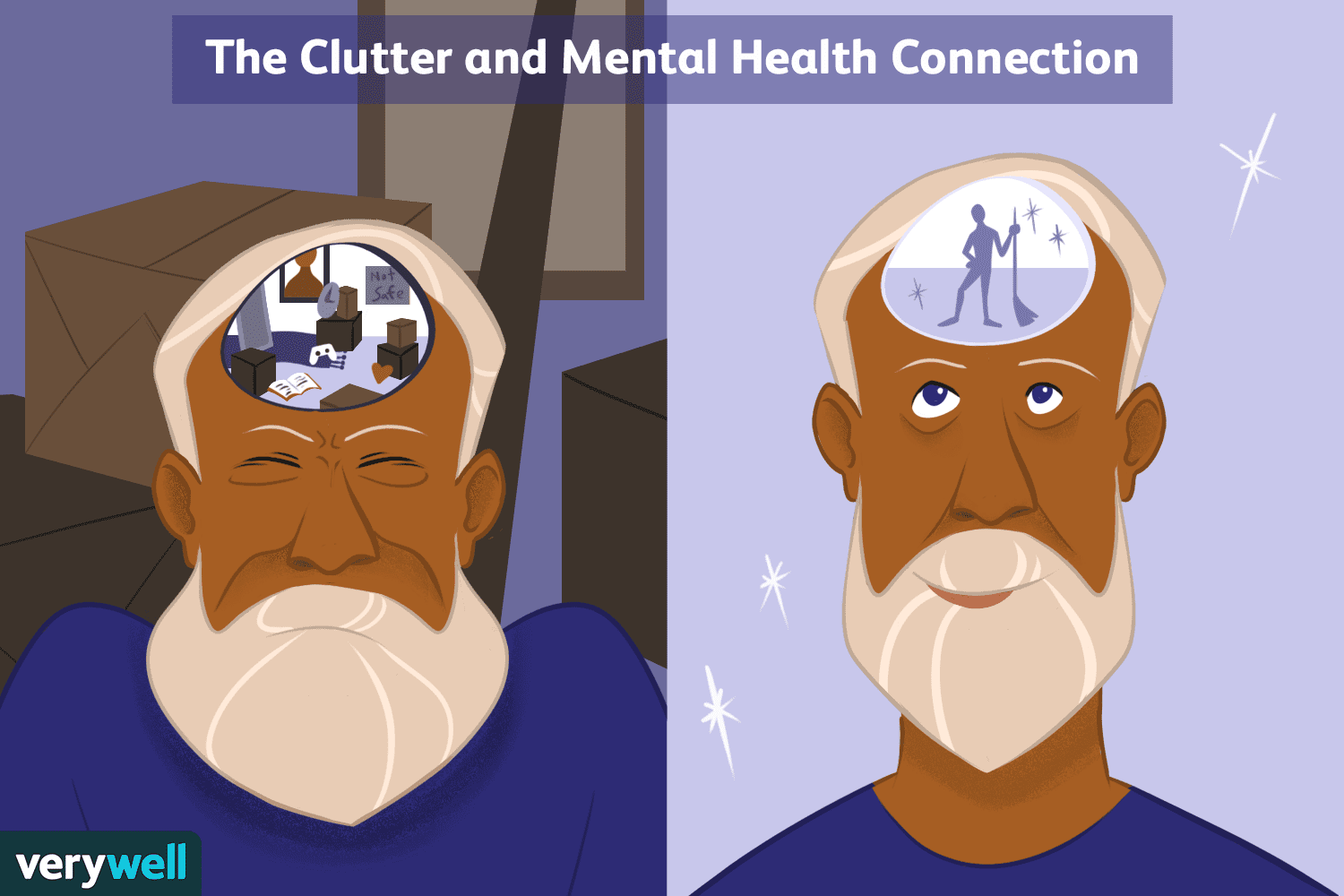- Increased stress levels
- Difficulty focusing
- Procrastination
- Difficulty with relationships
- Trouble controlling impulses leading to a chaotic and stressful environment
- Lower quality of life
- Decreased well-being
- Nuts and seeds
- Salmon
- Beans
- Blueberries
- Dark chocolate
- Leafy greens
- Avocados
- Tomatoes
- Brown Rice
- Green Tea
- Quinoa
Foods like nuts, seeds, and grains improves memory; leafy greens, avocados, dark chocolate, red cabbage and green tea fights free radicals; blueberries and avocados is scientifically-proven to slow down brain diseases; tomatoes control inflammation; quinoa helps with concentration; and brain rice and whole grains supports learning and improves mood.



Leave a Reply